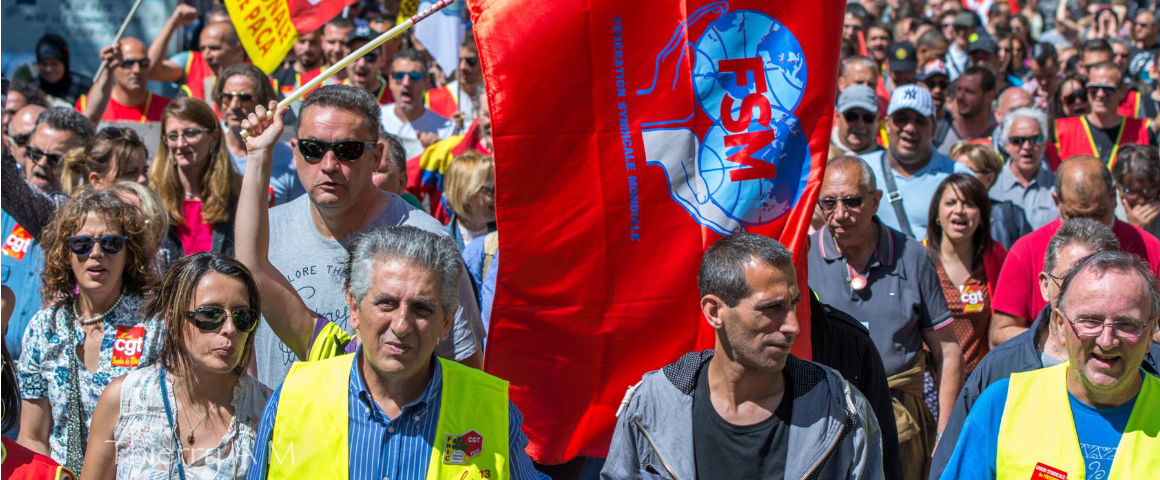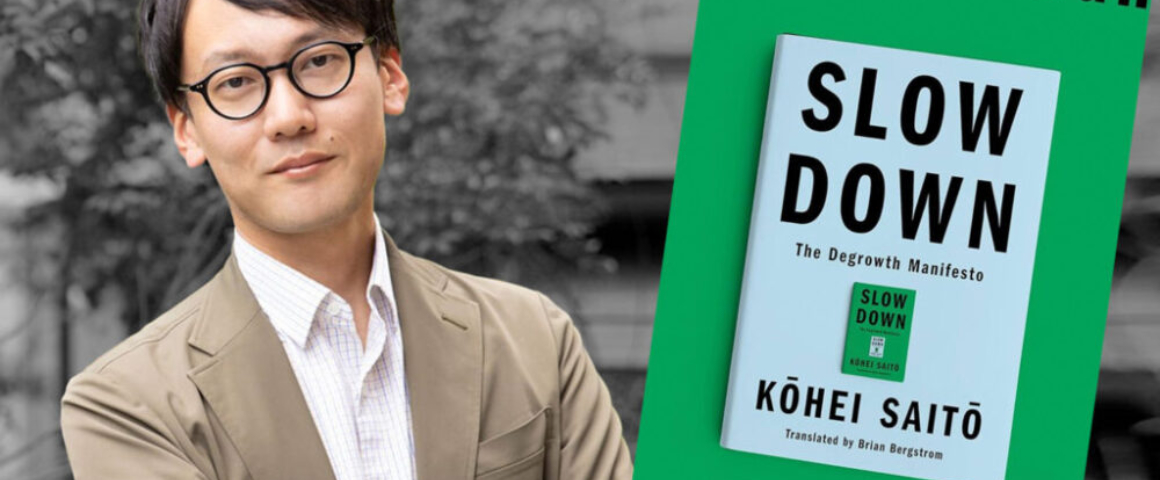As if 2020 wasn’t challenging enough. At the end of August, Chadwick Boseman passed after privately battling colon cancer for four years. Boseman was an actor, producer and writer who starred in several films highlighting the careers of prominent African-American men. He portrayed Jackie Robinson in the film 42 (2013), James Brown in the film Get on Up (2014) and Thurgood Marshall in Marshall (2017). Many people will remember him most in the starring role of Black Panther (2018).
Despite a pandemic and a seemingly endless deluge of racist police oppression, 2020 witnessed a massive rise in anti-oppression activism. Things once dismissed as “too radical,” like defunding or even abolishing the police, are now gaining broad acceptance. Boseman’s death occurred at a critical point in time; let’s look at the movie that embodies how most people will remember him.
Black Panther was groundbreaking for many reasons. It is still noteworthy to have a predominantly black cast in a major motion picture, and this film means that young black children around the world are able to see a superhero that looks like them. Black Panther is set in the fictional African nation of Wakanda which, to outside observers, appears like other “developing” African nations. In reality, the nation features ultra-modern technology but has chosen to shield its advanced status from the eyes of the world. Boseman is cast in the lead role of Wakanda leader T’Challa. As such, he embodies resilience, leadership and strength, and he inspires his people toward greatness and pride.
The main criticism that has been levelled at the film centres around the anti-hero, Erik Killmonger. On a visit to a Western museum, Killmonger sees African cultural items on display; he demands to know how they came to be in the museum and insists they be returned to their rightful owners. He expresses the desire to assist other African peoples in overthrowing their governments. But as the film progresses, T’Challa rejects Killmonger’s approach and even provides protection to a white CIA agent.
While celebrating the groundbreaking aspects of Black Panther, we can understand its limitations as making a critical point about popular culture. Funded by mainstream studios, resistance can be expressed – but only to a certain point. The notion of a Wakanda expressing revolutionary solidarity to oppressed nations would be too radical to be produced in any American film corporation. Yet, the film coincides with a real sea change going on right in the belly of the beast, with many people looking to the founders of the original Black Panther Party for inspiration as they resist and fight racism and other forms of oppression.
The slogan “Wakanda Forever!” is trending for good reason.
[hr gap=”10″]
Support socialist media!
If you found this article useful, please consider donating to People’s Voice.
We are 100% reader-supported, with no corporate or government funding.




